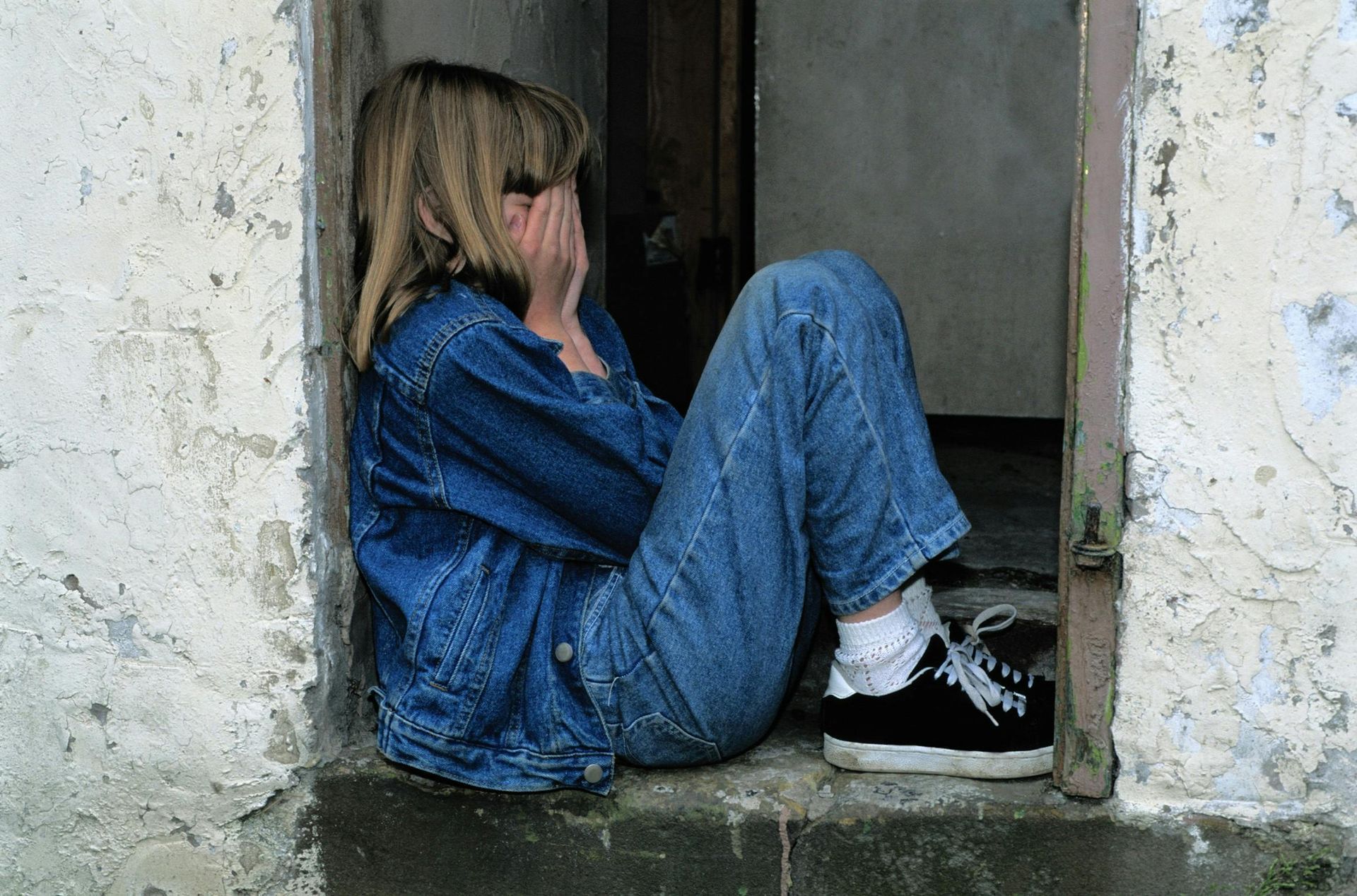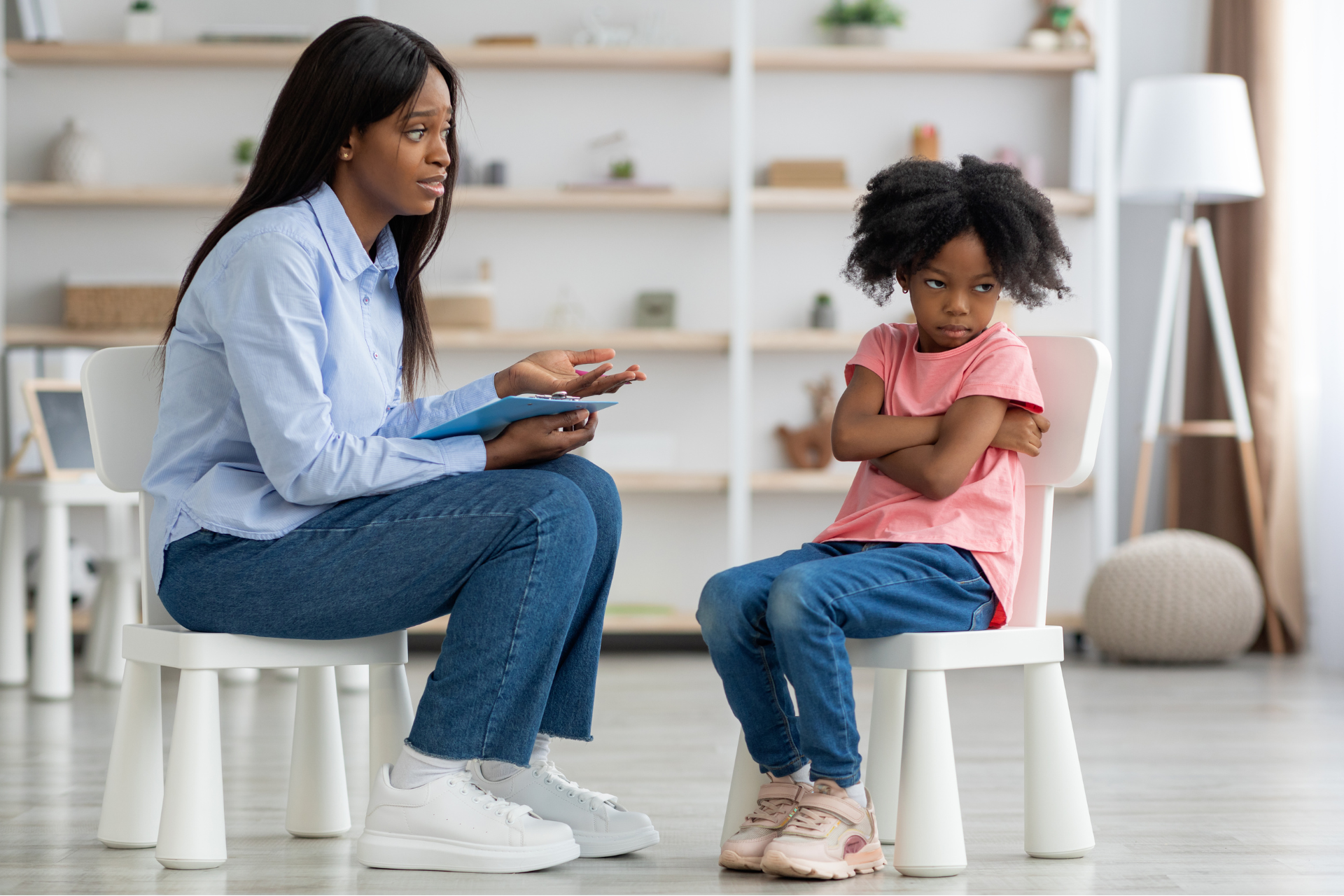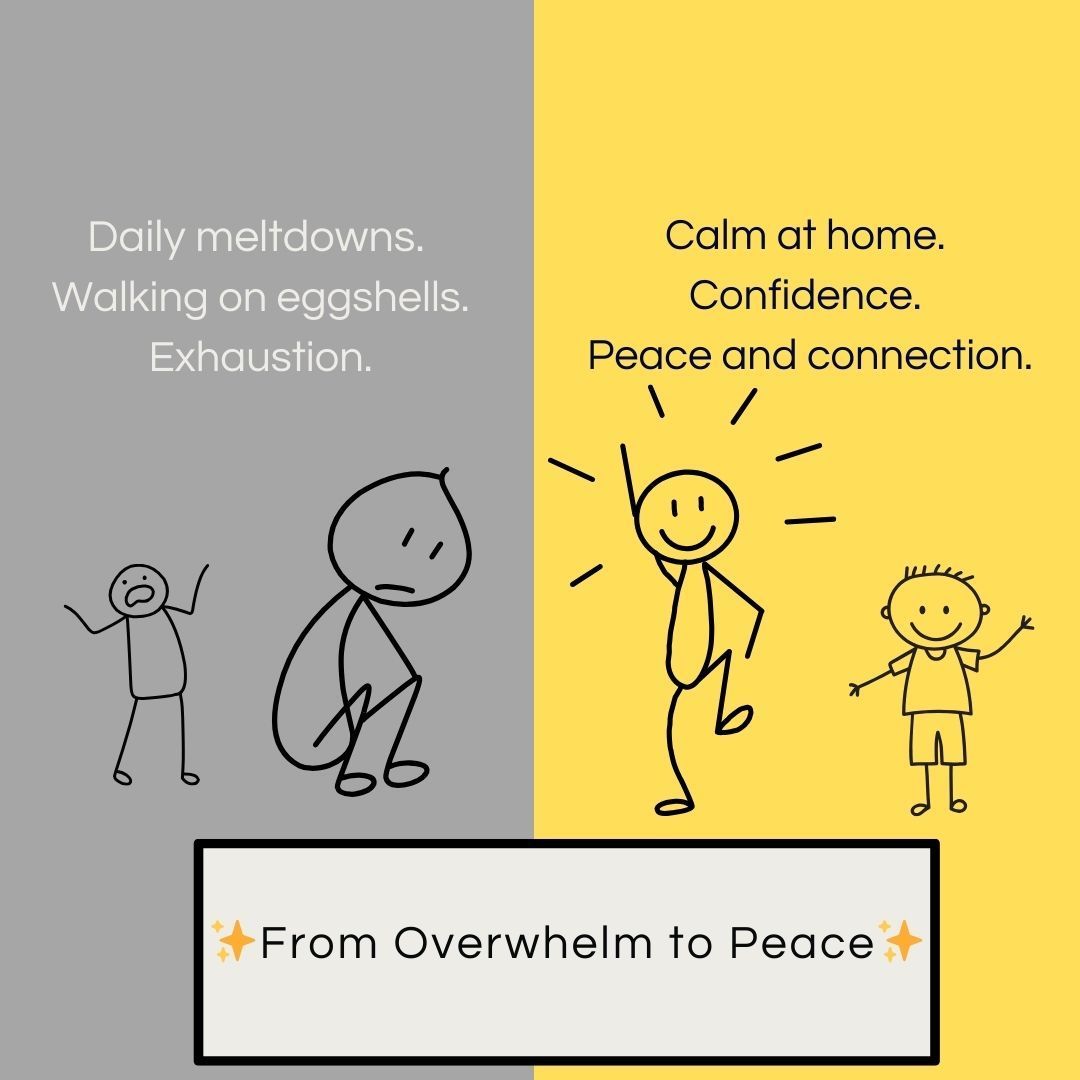The Boy Who Refused to Leave the House

- Have you struggled with a child who won’t go to school?
- How about a child who wouldn’t leave the house?
That was 8 year-old Nolan when I met his mother, Johanna.
It was the summer before second grade, and Nolan started insisting, he WOULD NOT BE GOING TO SCHOOL IN THE FALL, thank you very much.
Nolan’s parents had struggled getting him to attend first grade consistently. But that was before the family moved.
Now they were in a new state, with a new school, and new kids Nolan didn’t know. So when Nolan started announcing he WOULD NOT GO, Johanna started to really worry.
**************************
Johanna is a super cool mom. She’s authentic, honest and funny. When you meet her, you think, I want to be friends with this woman!
But even the coolest moms struggle.
Nolan is an anxious kid. He doesn’t do well with change, or the unknown. He’s also strong-willed, like so many sensitive, anxious kids are.
If you try to make him do something, he digs his heels in, and makes you wish you hadn’t.
Ever since the family had moved several weeks earlier, it was hard even to get Nolan to even leave the house--even for things he would typically love, like swimming.
When Nolan refused to go out, Johanna would feel powerless and start to panic.
- What if they couldn’t get through this phase?
- What if Nolan NEVER left the house?
- What if he NEVER went to school?
When Johanna’s emotions spiraled, Nolan's emotions would, too. He would get more stubborn and dig his heels in even more.
So Johanna and I started by shifting her thoughts in those tough moments. Instead of feeling stuck, she began telling herself:
“This is not an emergency. I can stay calm. We won’t be stuck like this forever.”
By shifting her thoughts about the situation, she stayed calmer. She felt hopeful. She started to trust that they would figure this challenge out.
She stopped panicking. She was able to make a plan that felt doable. She found people at the school who shared her calm and optimism and could partner with her and Nolan.
And guess what? Nolan didn’t just get through this struggle, with Johanna’s help, he started second grade successfully and did amazing!!
Due to Johanna’s resourcefulness, she got through this struggle and her relationship with Nolan stayed positive and strong. I’m not going to say it was always easy for her. I’m sure there were times she got frustrated, and even began to lose faith that they would be successful.
But the first step was finding the belief that this was absolutely, completely, 100% doable.
Because, guess what? It wasn’t only possible. It actually went great!!
I thought you would find this story as amazing and inspirational as I did!
Wishing you all the best,
Your parent coach,
Dr Ceara Deno












